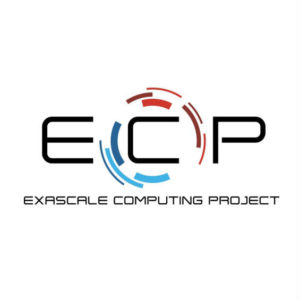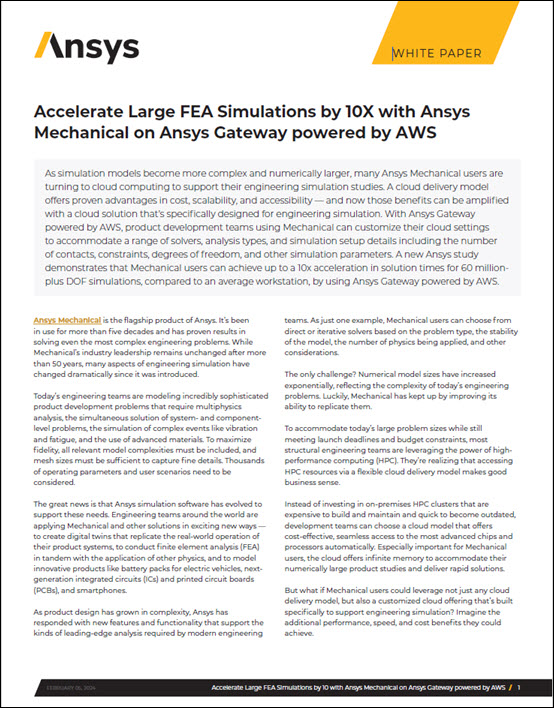 Today the DOE Exascale Computing Project announced the following changes to their strategic plan:
Today the DOE Exascale Computing Project announced the following changes to their strategic plan:
- The ECP project now plans to deploy the first Exascale system in the U.S. in 2021, a full 1-2 years earlier than previously planned. This system will be built from a “novel architecture” that will be put out for bid in the near future. According to Argonne’s Paul Messina, Director, Exascale Computing Project, “It won’t be something out there like quantum computing, but we are looking for new ideas in terms of processing and networking technologies for the machine.”
- A second machine will be deployed in 2022 with acceptance planned for 2023. This is in alignment with the ECP’s original plan.
- The ECP project scope and length has been reduced to 7 years instead of the original 10 years.
- The structure of the ECP project, which is centered around developing Exascale application software, will remain the same.
According to Messina, the project goals were adjusted while under final review by the DOE during SC16 timeframe in November.

(left) Argonne’s Paul Messina, Director, Exascale Computing Project and (right) LANL’s Stephen Lee, Deputy Director, Exascale Computing Project
In this video from SC16, Paul Messina and Stephen Lee describe the mission, status, and recent milestones of the Exascale Computing Project.
“The Exascale Computing Project (ECP) is a collaborative effort of two US Department of Energy (DOE) organizations – the Office of Science (DOE-SC) and the National Nuclear Security Administration (NNSA). As part of President Obama’s National Strategic Computing initiative, ECP was established to develop a new class of high-performance computing systems whose power will be measured in exaflops (1018 floating point operations per second), or a thousand times more powerful than today’s petaflop machines. ECP’s work encompasses applications, system software, hardware technologies and architectures, and workforce development to meet the scientific and national security mission needs of DOE.”
The ECP recently announced that it has selected four co-design centers as part of a 4 year, $48 million funding award. The first year is funded at $12 million, and is to be allocated evenly among the four award recipients.
ECP also announced the selection of 35 software development proposals representing 25 research and academic organizations. As a collaborative effort of two DOE organizations—the Office of Science and the National Nuclear Security Administration, ECP is part of President Obama’s National Strategic Computing initiative, ECP was established to develop a capable exascale ecosystem, encompassing applications, system software, hardware technologies and architectures, and workforce development to meet the scientific and national security mission needs of DOE in the early-2020s time frame.




